#RoadSafety
There’s a New Problem With Electric Cars That No One Saw Coming
This week we sit down with Cody Stolle, research assistant professor at the University of Nebraska Lincoln and the assistant director at the Midwest Roadside Safety Facility, to discuss a lesser-known problem with EVs and road safety.
It's Probably Safe to Drop That Top: IIHS
Just apply sunscreen first.
While most Americans hold reservations about going topless, preferring staid modesty over outlandish exhibitionism, many still enjoy kicking up their heels and getting the most out of life. Luckily for them, several automakers are only too happy to play along. And if that sort of thing’s your bag, the Insurance Institute for Highway Safety has good news for you.
Ford Fiesta Comes In Dead Last in Industry's Grimmest Ranking
Every three years, the Insurance Institute for Highway Safety ranks new vehicles in terms of deaths incurred by their occupants in roadway collisions. The most recent tabulations cover the 2015-2018 time frame (focusing on 2017 and equivalent earlier models), and a domestic subcompact that proved quite popular right up until the end of its North American lifespan has the ignoble duty of bringing up the rear of the pack.
On the other side of the issue, one large American SUV placed first in the list of vehicles you’ll want to find yourself in when metal meets metal. One shouldn’t be surprised that small car nameplates proliferate among the list of losers, with bigger models proving better at absorbing blows.
Lucky Break: All Northern Ireland Car Owners Get a Pass on Safety Tests After Test Centers Deemed…Unsafe
Northern Ireland has called off all mandated MoT inspections of passenger vehicles after it discovered that its state-run test centers are in worse condition than many of the cars undergoing testing.
It’s a black eye for the Driver & Vehicle Agency, the body tasked with ensuring vehicles meet road safety and environmental standards, but it’s a lucky reprieve for drivers fearing an upcoming test. DVA boss Paul Duffy called the situation “hugely embarrassing.”
Even the Smallest Amount of Rain Sends Crashes Soaring, Study Finds
It may not be a bombshell report that leaves mouths agape, but it reinforces an age-old bit of driving wisdom: when it starts to rain, slow down and leave a greater distance between you and the car in front.
A new study reveals just how much precipitation plays a role in increasinging the likelihood of a fatal crash. Even in weather docile enough to simply dampen one’s hair, death stalks the roadways like a vulture seeking out scraps of rancid meat.
Pedestrian Deaths Skyrocketed Over the Past Decade, But Which Cities Have It Worse?
Late last year, we delivered some upbeat news — U.S. motorist deaths fell 1.8 percent in 2017, after two years of steep increases. This decline in fatalities came in a year where the number of miles travelled by American drivers actually increased 1.2 percent. It’s progress, albeit meager, but it’s still nowhere near the ideal of zero fatalities.
But what about people killed in vehicle collisions who weren’t riding in a car? Thousands of pedestrians and cyclists die each year at the hands of motorists, and some 5,977 met their end this way in 2017. What can we learn from the available data?
Good News: We Died Less Often on the Road Last Year
After alarming increases in U.S. traffic fatalities in 2015 and 2016, data just released by the National Highway Traffic Safety Administration shows a decrease in the number of people who died in car crashes in 2017. A decrease, for sure, but still a shocking number: 37,133, or about one-third the population of West Palm Beach, Florida.
The same is true for Billings, Montana, as well as North Charleston, South Carolina and Manchester, New Hampshire.
The 1.8 percent drop in road deaths comes on the heels of a 6.5 percent increase in 2016 and an 8.4 percent spike in 2015. Have we suddenly become safer drivers? It seems so.
NHTSA's Cell Phone Proposal is 'Disturbing': Technology Group
There’s no denying that distracted driving is a dangerous epidemic, but consumer and safety advocates are split on the best ways to tackle it.
While the proposed guidelines for mobile device makers issued last week by the National Highway Traffic Safety Administration won applause from safety groups, one consumer technology organization has accused the regulator of overreach.
It’s a “slippery slope” argument, now that the federal government wants mobile devices to operate in the same way as in-car infotainment systems.
Freaky Friday: Insanely Fast Mustang Impresses Even Cops; Airborne Deer Menace the Eastern U.S.
Being topographically challenged (for the most part), Oklahoma’s highways serve as a great staging ground to find out exactly what your tricked-out Mustang can do. A young man and his police escorts recently discovered this, and even the cops walked away impressed.
Angry, but impressed.
That, and it’s the horniest time of the year for our many venison-laden friends of the forest, which means impressive roadway acrobatics and unplanned feasts…after the break.
Strict Speed Enforcement Could Make You More Dangerous Behind the Wheel
When driving, consider how often you look down to check your speed. Even with a good sense of your current velocity, entering a known enforcement zone or seeing a posted limit forces you to stop what we are doing and take quick peeks at the speedometer. It may only be a fraction of a second each time, but that’s still a fraction of a second where you aren’t paying full attention to the road ahead.
You might think that the average motorist is perfectly capable of such basic multitasking without causing additional risk. According to new research, you might be wrong.
2015 Traffic Death Spike is the Highest in 50 Years
Traffic deaths skyrocketed last year by the largest amount since 1966, erasing safety gains made in recent years.
The National Highway Traffic Safety Administration released raw 2015 data yesterday, revealing that 35,092 people died on U.S. roads — a 7.2 percent spike in fatalities compared to the previous year. The data shows the deaths weren’t confined to any particular demographic.
Federal Government Pushes for Speed Limiters on Trucks and Buses
The U.S. Department of Transportation wants to mandate speed-limiting devices on all tractor-trailers and buses in the country in a bid to save lives and fuel.
Announced yesterday by the National Highway Traffic Safety Administration, the proposal would limit vehicles with a gross vehicle weight rating of 26,000 pounds or more to 60, 65, or 68 miles per hour. Other speed limits could be considered, but that’s up to the public to debate.
Rural Family Battles The Car for at Least the Ninth Time
Maureen Noble’s home has become an impromptu garage for random vehicles almost too many times to count.
The last time was July 8, and she’s still repairing the damage after a Ford came in one side and went out another. According to the Canadian Press, several jars of jam and pickles died violent and colorful deaths in that incident.
It’s getting tiring. She’d like to move, but the home that attracts vehicles like moths to a light bulb also repels nervous buyers.
Australians Create Terrifying Man-Thing to Showcase Vehicle Safety
What would your body look like if it evolved to survive a car crash?
That’s the question a group of Australians had in mind when they created Graham, a disturbingly lifelike creation designed to show how vulnerable our bodies are in a low-speed impact.
Driverless Vehicle Dilemma: Who Should Your Car Kill If Things Go Bad?
We’re told the future will bring us a blissful, autonomous driving experience that allows us to enjoy the scenery as we read our tablets and enjoy a Venti Macchiato, free of the burden of driving decisions and liability.
Now, for the less happy stuff: who should your safety-minded car kill if it’s forced to make an autonomous Sophie’s Choice-style decision — an occupant or a pedestrian?
A study published in the journal Science tackled that question, with researchers posing various scenarios to 1,900 participants via an online survey. The results show our sense of moral duty is matched by our sense of self-preservation.



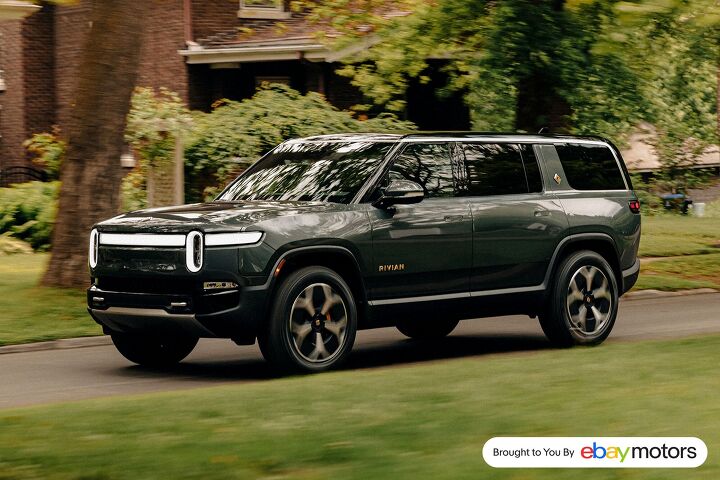

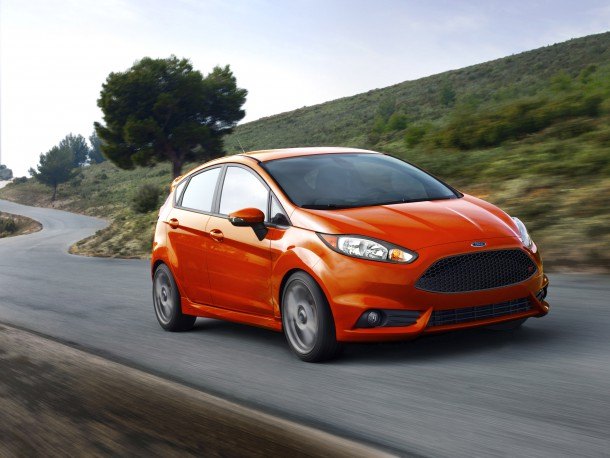



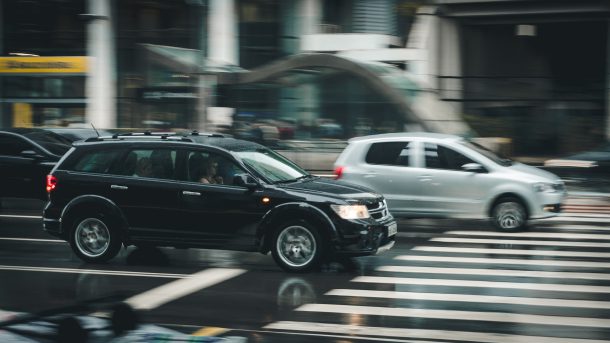




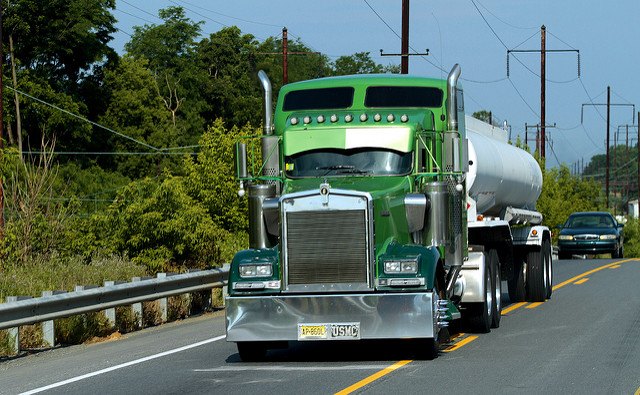
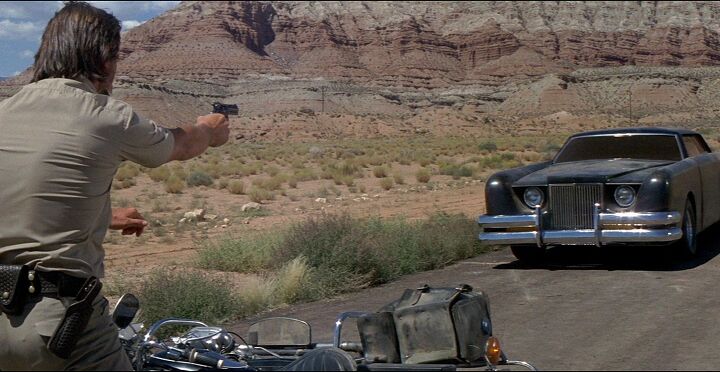














Recent Comments